Wave goodbye to gas station woes and hello to a cleaner, more affordable future! Forget the electric vehicles of yesterday with their hefty price tags. This year marks a turning point with the arrival of a wave of budget EVs in 2024. Thanks to technological advancements and a growing focus on eco-friendly solutions, owning an electric car is no longer just for the privileged few.
Budget EVs in 2024 are becoming a reality for everyday drivers, offering a compelling choice for the cost-conscious consumer. Not only will you be reducing your environmental impact, but you’ll also be saving money on gas and potentially benefiting from government incentives.
This blog post dives into the exciting world of budget EVs in 2024. We’ll debunk common myths, showcase the impressive performance of these sustainable vehicles, and demonstrate how they can seamlessly integrate into your life, whether you’re a city dweller or a highway cruiser.
So, ditch the pump and get ready to ride the wave of the future! Let’s help you find the perfect budget EVs in 2024 that ticks all your boxes and lets you contribute to a greener planet.
table of contents:
- The Economics of EVs: Understanding the long-term savings, incentives, and true cost of ownership.
- Top Affordable EVs: Highlighting the best budget-friendly electric vehicles for 2024.
- Real-world ownership: Insights into the daily experience of charging, driving, and maintaining an EV.
- Conclusion: Reflecting on the accessibility and benefits of the electric revolution.
How to Diagnose and Repair Automotive Electrical Systems (Motorbooks Workshop)

The Economics of EVs in 2024: Making Sense of the Costs
When considering the switch to an electric vehicle, the price tag is often the most glaring figure. However, the true cost of ownership for budget EVs in 2024 extends far beyond the initial purchase price. Let’s break down the economics of EVs to understand the real value they offer.
Initial Investment vs. Long-Term Savings
While upfront costs can be a hurdle, especially when considering new car options, the lifetime value proposition of budget EVs in 2024 becomes much more attractive when you factor in the ongoing savings. Reduced fuel expenses and lower maintenance requirements contribute significantly to a lower total cost of ownership for EVs. Electric motors, with their simpler design and higher efficiency, translate to fewer mechanical issues and significant service cost savings.
Incentives and Subsidies
To encourage the adoption of EVs, many governments offer financial incentives that can substantially reduce the purchase price. These can take the form of tax credits, rebates, and even exemptions from certain fees. It’s essential to research the incentives available in your region to understand how they can benefit you.
Operating Costs of budget EVs in 2024
Budget EVs in 2024 offer a significant advantage when it comes to “fueling.” Charging their batteries is markedly less expensive than filling up a traditional gasoline vehicle. For example, charging a typical budget EV in 2024 at home might cost around $5-$7 equivalent, compared to filling up a gas-powered car that could cost upwards of $30-$40 depending on gas prices. This difference becomes even more pronounced as electricity prices tend to be more stable than volatile oil prices. Additionally, since EVs have fewer moving parts compared to gasoline engines, they generally require less frequent maintenance, further reducing ownership costs. EVs are also exempt from the emissions testing and related costs that come with combustion engines.
Environmental Externality Benefits
Beyond personal financial considerations, EVs offer broader economic benefits. By reducing greenhouse gas emissions and improving air quality, EVs contribute to public health and can lessen the societal costs associated with pollution. This is an important externality that adds value to the investment in an EV.
The Bottom Line
The economics of EVs present a compelling case for consumers. With the potential for significant long-term savings, coupled with the environmental benefits, EVs are not just a smart choice for the planet—they’re a savvy investment for your wallet.
Electric and Hybrid Vehicles
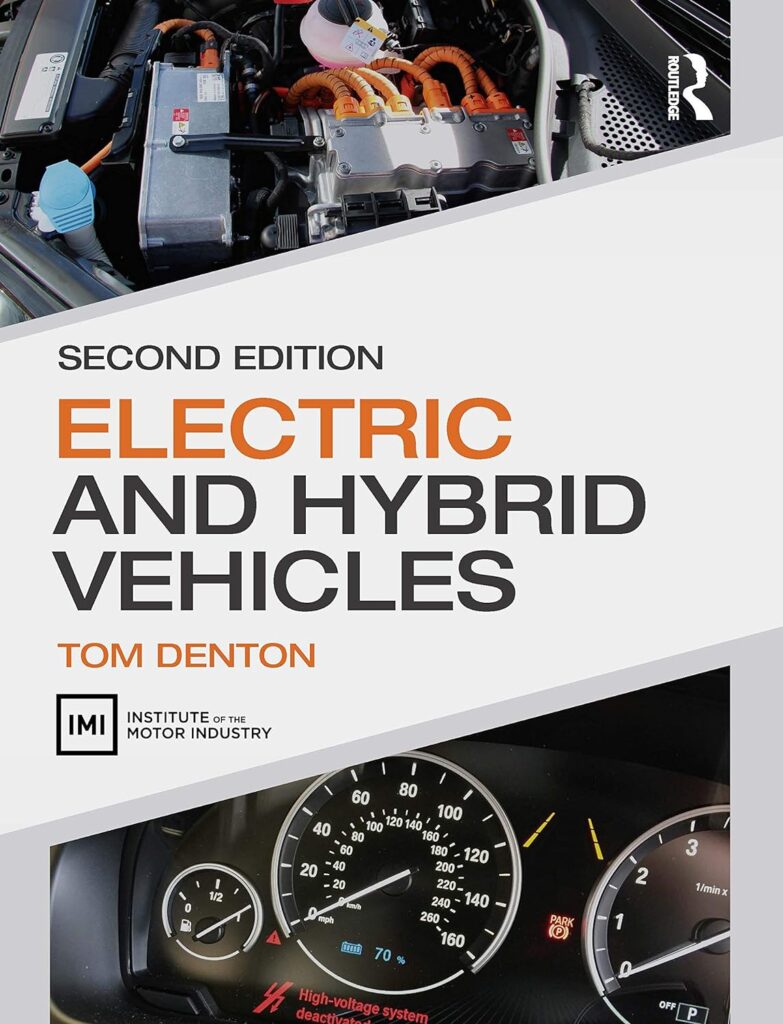
budget EVs in 2024: Electrify Your Drive on a Budget
The electric vehicle (EV) landscape is evolving rapidly, offering a wider variety of options that won’t strain your wallet. Here are six stellar examples of budget EVs in 2024, each boasting a unique set of features to cater to diverse driving needs and preferences:
Nissan Leaf: budget EVs in 2024
- Price: Starting at $29,280
- Range: Up to 149 miles per charge
- Notable Features: The Nissan Leaf remains a frontrunner in the affordable EV segment, offering a well-rounded package of efficiency, comfort, and technology.
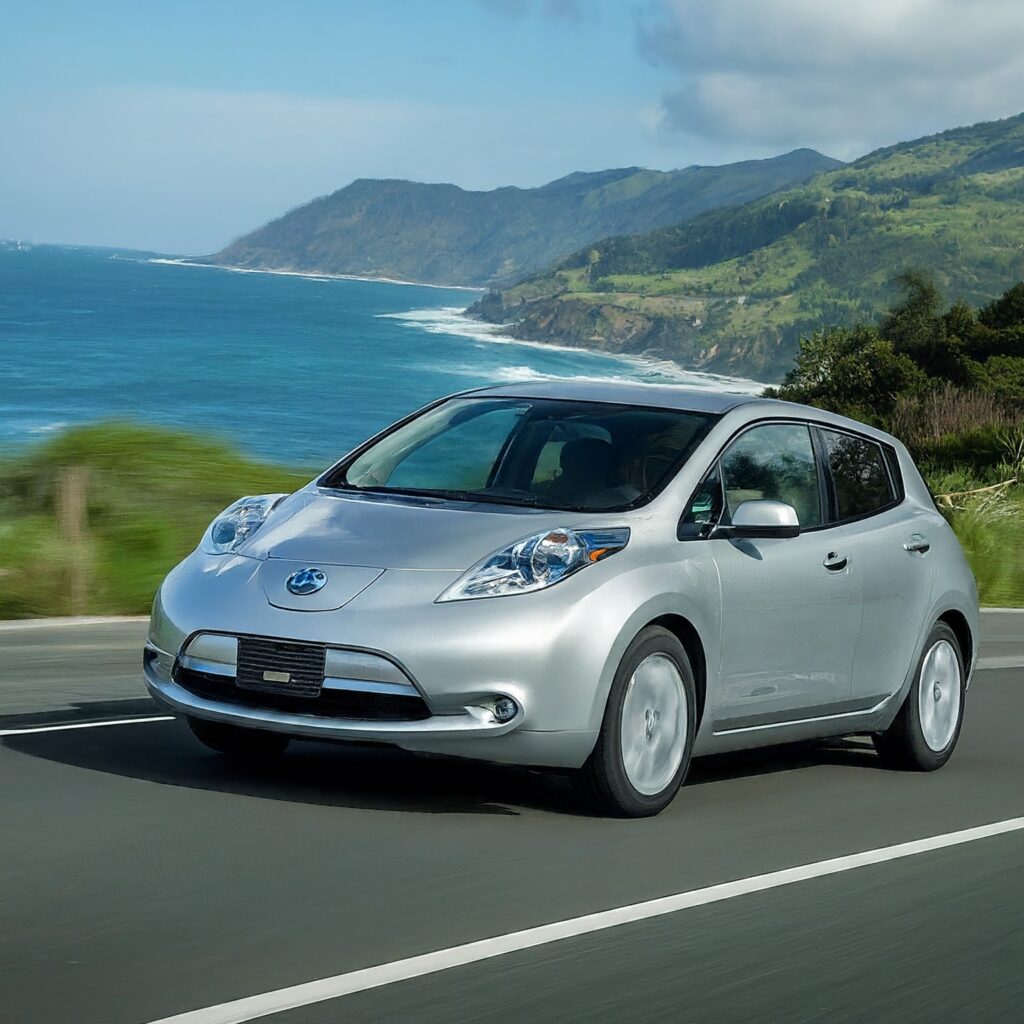
Mini Electric Hardtop 2-Door:
- Price: Begins at $31,895
- Range: Estimated range of around 110 miles
- Notable Features: The Mini Electric combines the brand’s iconic design with an all-electric powertrain, perfect for urban explorers with a flair for style.

Hyundai Kona Electric: budget EVs in 2024
- Price: Starting from $34,010
- Range: An impressive 258 miles per charge
- Notable Features: With its long-range and feature-rich interior, the Kona Electric is ideal for those seeking both practicality and sustainability.
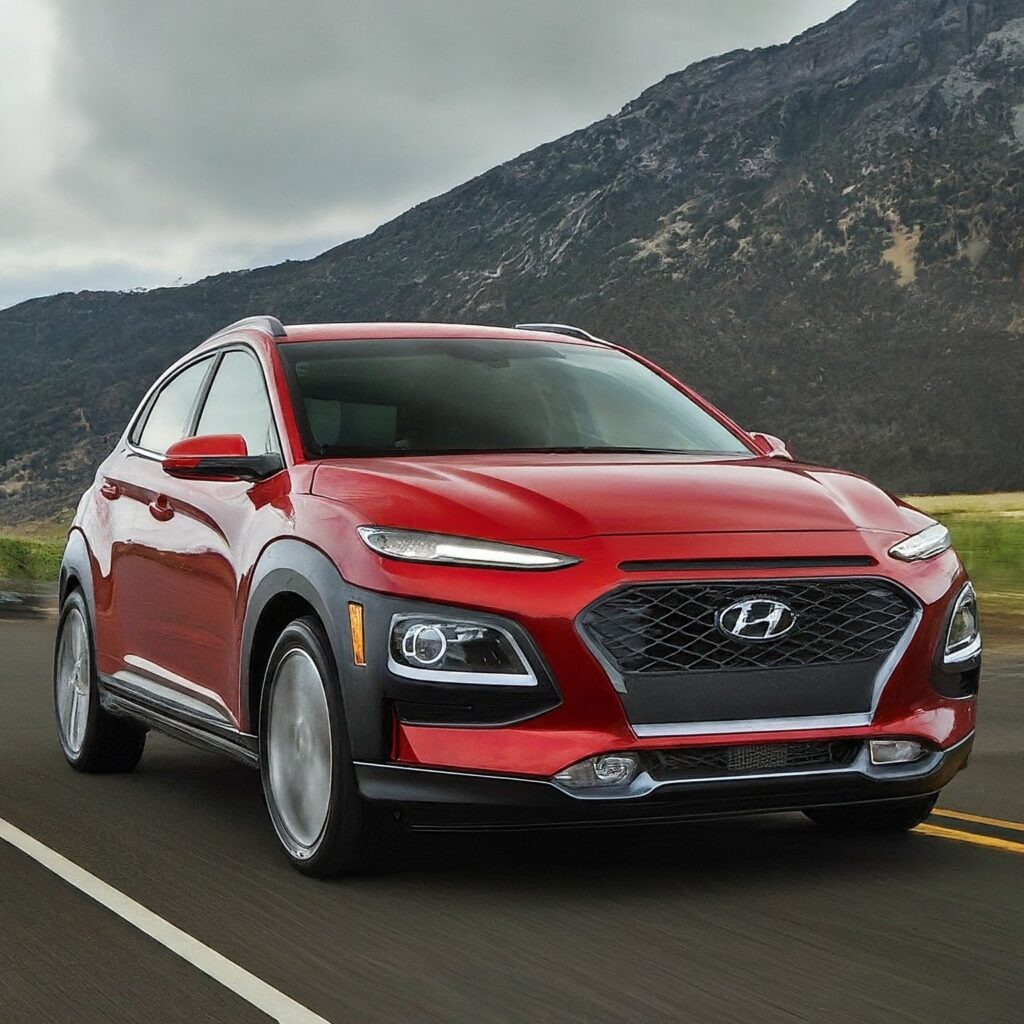
Fiat 500e:
- Price: To be announced
- Range: Expected to be competitive in its class
- Notable Features: The Fiat 500e brings Italian charm to the EV world, promising an engaging driving experience and chic urban mobility.

Volkswagen ID.4: budget EVs in 2024
- Price: To be announced
- Range: A solid choice for families, offering a balance of space, comfort, and range
- Notable Features: The ID.4 is Volkswagen’s commitment to an electric future, providing a versatile SUV experience without emissions.
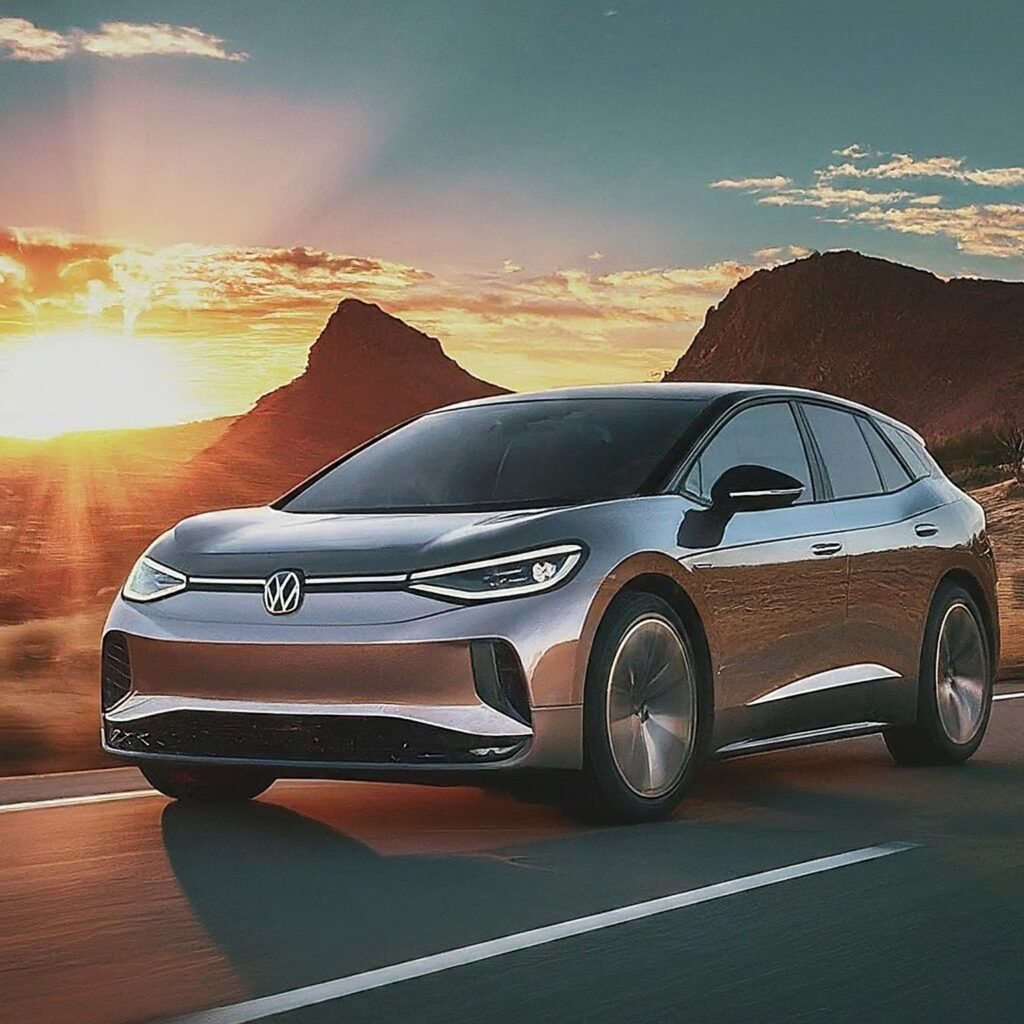
Kia Niro EV:
- Price: Starting at $39,450
- Range: Up to 239 miles on a single charge
- Notable Features: The Niro EV stands out with its crossover appeal, ample interior space, and a suite of advanced safety features.

Hyundai Ioniq 6: budget EVs in 2024
- Price: Starting at $43,565
- Range: 240-361 miles
- Notable Features: The Ioniq 6 boasts a sleek design with impressive aerodynamics, contributing to its efficiency and range. It also features fast recharging capabilities and an eco-friendly interior.
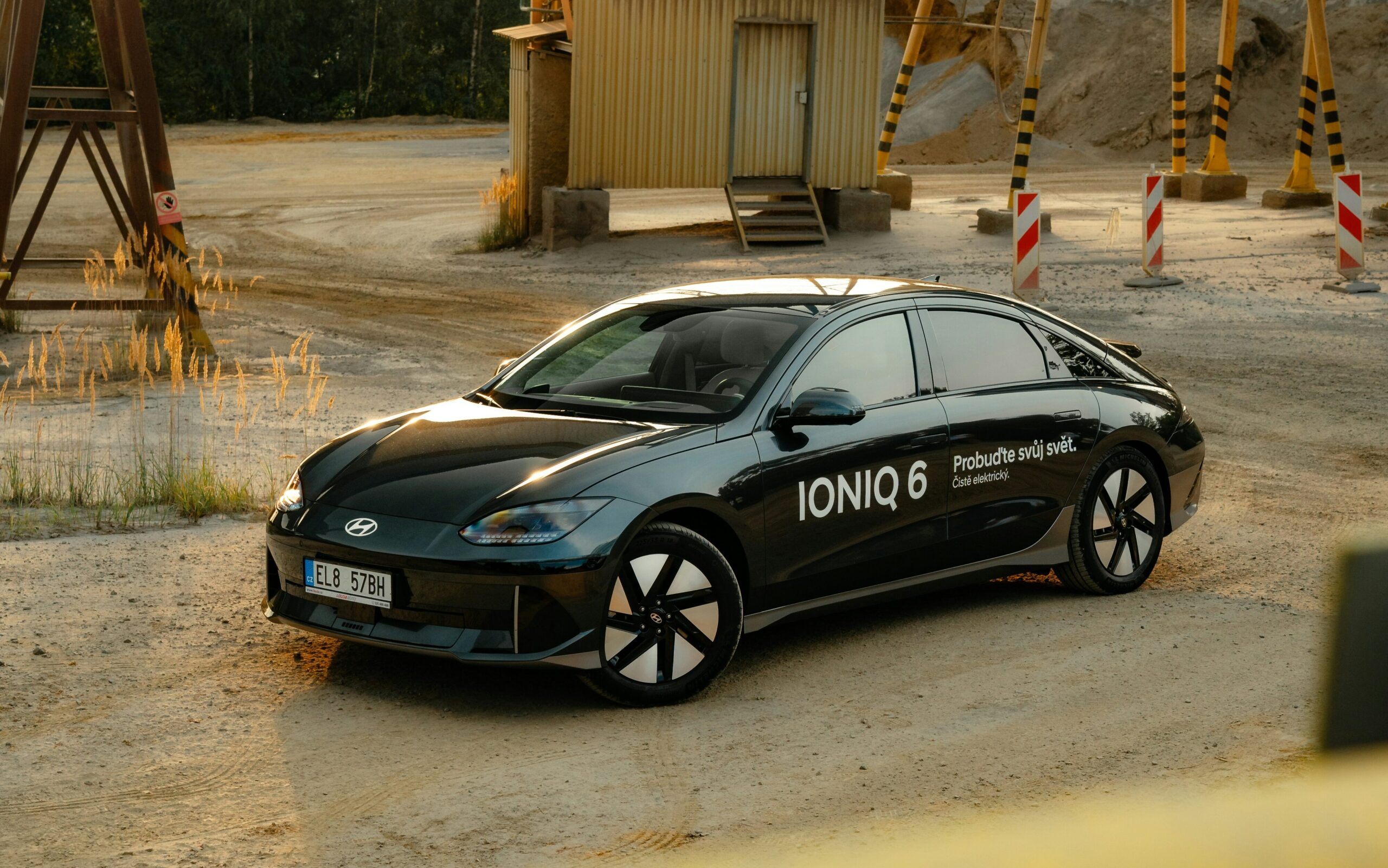
Toyota BZ4x:
- Price: Starting at $43,350
- Range: 222-252 miles
- Notable Features: As Toyota’s first modern electric crossover, the BZ4x offers a comfortable interior and punchy drivetrain options, along with all-wheel drive availability.
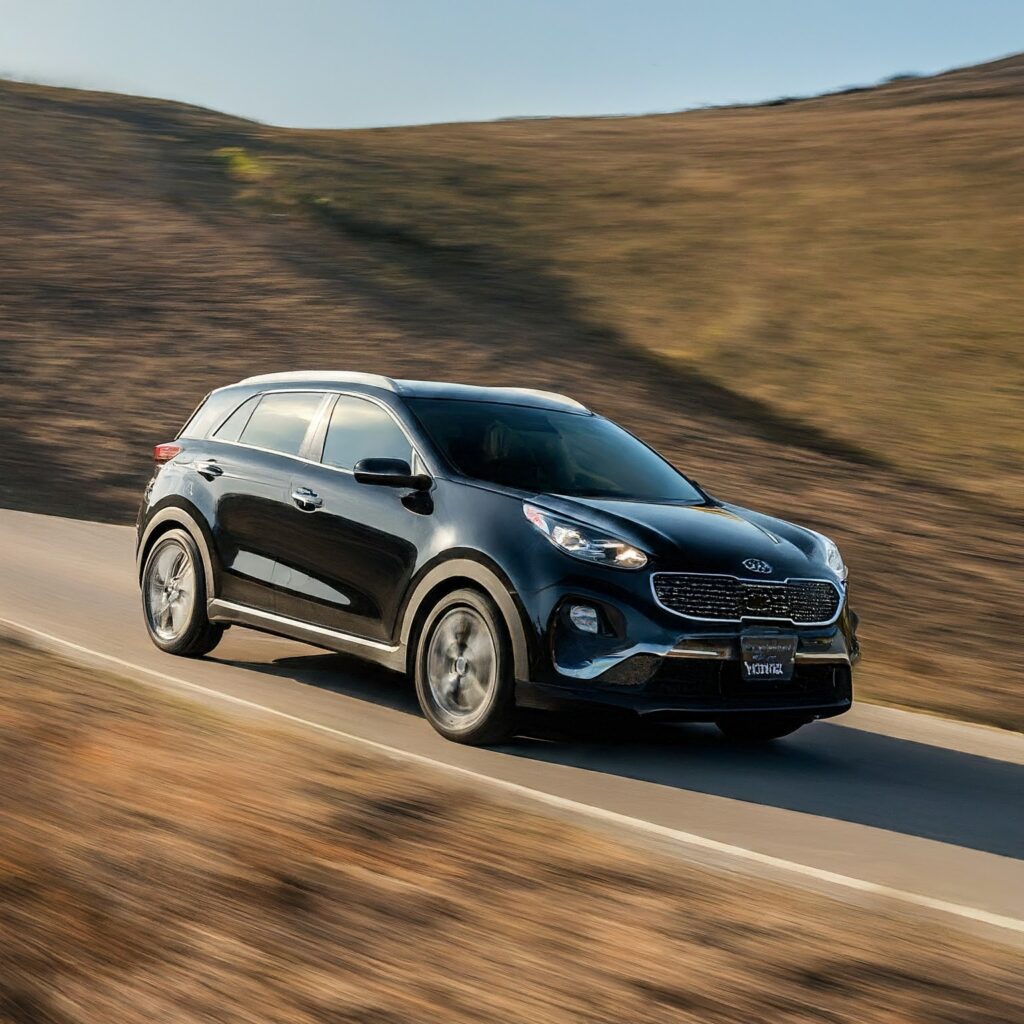
Hyundai Ioniq 5: budget EVs in 2024
- Price: Starting at $42,985
- Range: Up to 350-kW charging speed
- Notable Features: The Ioniq 5 stands out with its unique design, spacious interior, and rapid charging capabilities, making it a top choice among electric crossovers.
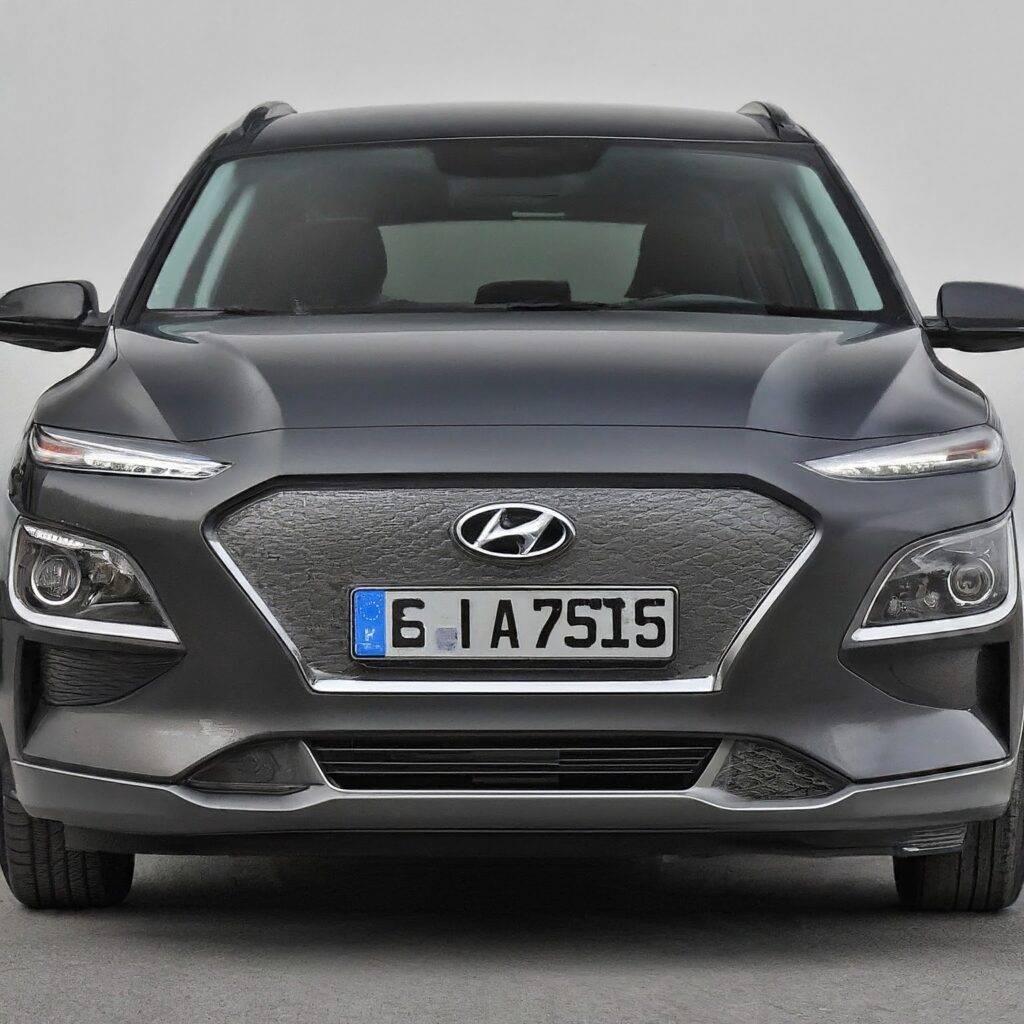
BMW i4:
- Price: starts at $53,195
- Range: Competitive in its class
- Notable Features: The BMW i4 is expected to deliver a blend of luxury and performance, with a focus on driving dynamics and cutting-edge technology.
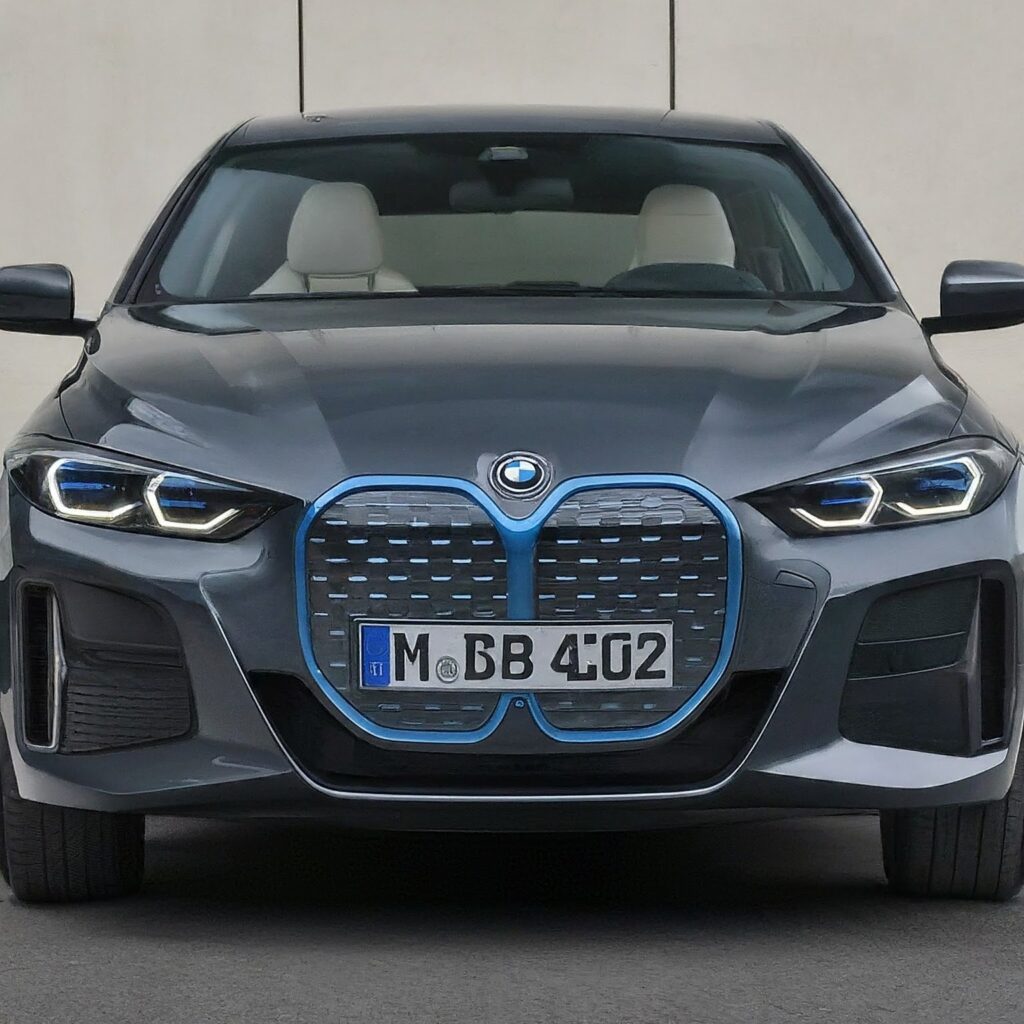
These EVs are just a taste of what’s available for eco-conscious drivers on a budget. As the industry progresses, expect to see even more options that blend affordability with innovation and style.
The Electric Vehicle Revolution: The Past, Present, and Future of EVs
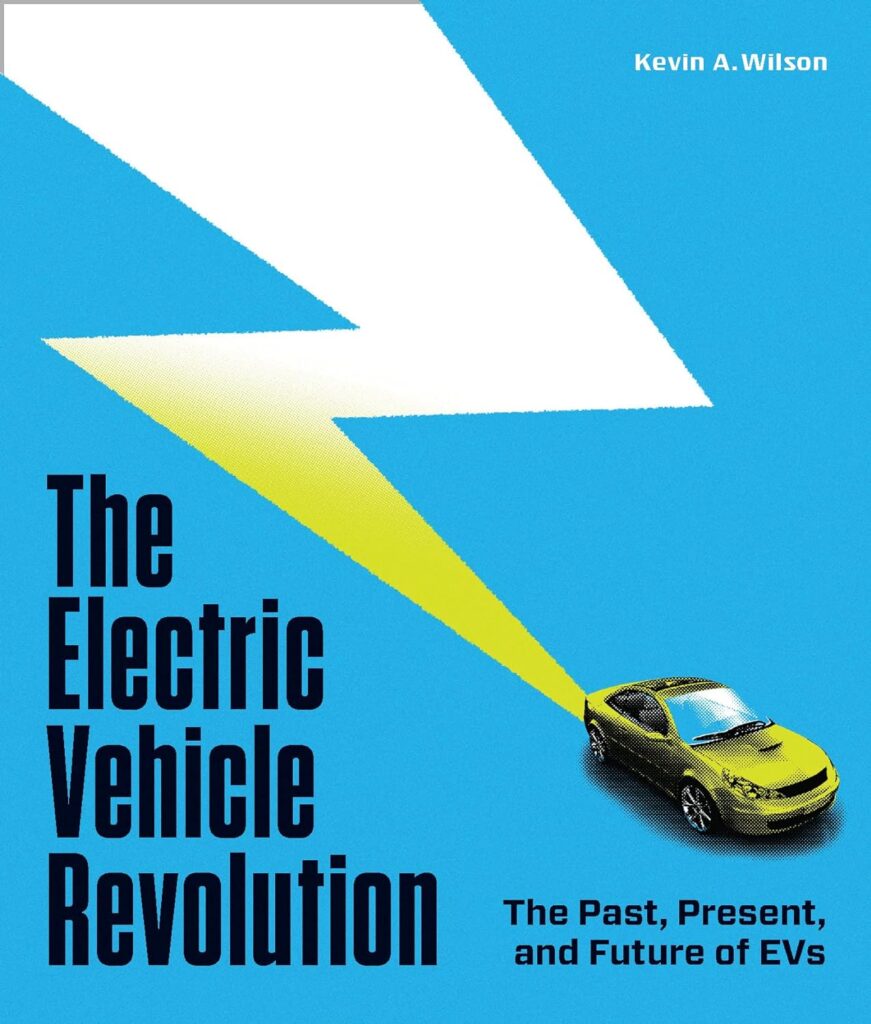
Real-World Ownership: Embracing the EV Lifestyle
Transitioning to an electric vehicle (EV) is more than just a purchase—it’s a lifestyle change. Real-world ownership of budget EVs in 2024 comes with its own set of considerations, from charging logistics to daily driving experiences. Let’s explore what it means to integrate a budget EV into your life in today’s world.
Charging Infrastructure: Charging Your Budget EVs in 2024
One of the most significant shifts for new EV owners is understanding and utilizing the charging infrastructure. While the network of public charging stations is rapidly expanding, planning is still essential, especially for long trips. Apps and maps are available to help locate charging points along your route.
Home Charging: Your Personal Fueling Station
Most EV charging happens at home, and setting up a home charging station is a straightforward process. You’ll need to decide between a standard 120-volt outlet or a faster 240-volt charger. While the initial setup can be an investment, the convenience of waking up to a fully charged vehicle is unmatched.
Driving Habits: The EV Effect
EV owners often report a change in their driving habits. Many find themselves driving more efficiently to maximize range. Others take advantage of the instant torque for a more spirited driving experience. On average, EV owners drive about 39 miles per day, which is well within the range of most modern EVs.
Maintenance: Less is More
EVs require significantly less maintenance than traditional vehicles. There’s no oil to change, fewer moving parts to wear out, and regenerative braking reduces brake wear. This not only saves money but also time, as you’ll spend less of it at service centers.
Environmental Impact: Driving Change
Owning an EV also means contributing to a cleaner environment. EVs have a lower carbon footprint over their lifetime compared to petrol or diesel cars. As electricity grids continue to decarbonize, the environmental benefits of driving an EV only increase.
Community: Joining the EV Movement
Finally, becoming an EV owner means joining a community of like-minded individuals. There are numerous groups and forums where owners share tips, experiences, and advice. It’s a supportive and enthusiastic community that’s always eager to welcome new members.
Embracing the EV lifestyle is about more than just driving—it’s about being part of a movement towards a more sustainable future. As the world shifts towards electrified transport, the benefits of EV ownership become increasingly clear, both on a personal and global scale.
budget EVs in 2024: conclusion
As we conclude our journey through the world of affordable electric vehicles (EVs), it’s clear that the future of transportation is not only bright but also within reach. The array of EVs available today offers something for everyone, from city commuters to long-distance travelers, all while aligning with a commitment to sustainability.
The transition to electric driving is more than a trend; it’s a shift towards a cleaner, more efficient way of life. With the continuous advancements in battery technology and charging infrastructure, coupled with the increasing support from governments and communities, EVs are set to become the new standard.
So, whether you’re enticed by the economic savings, drawn to the environmental benefits, or simply curious about the technology, there has never been a better time to consider an EV as your next vehicle. Embrace the change, join the electric revolution, and drive into a greener future.
You may also like:


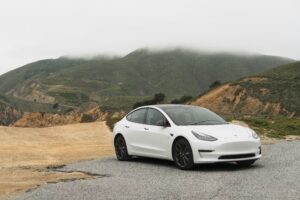
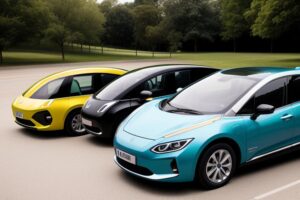
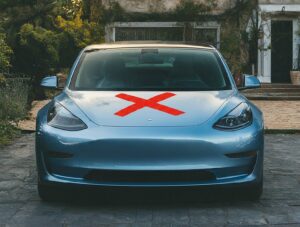
Pingback: EV Hate: Why Do Some People Dislike Electric Cars?